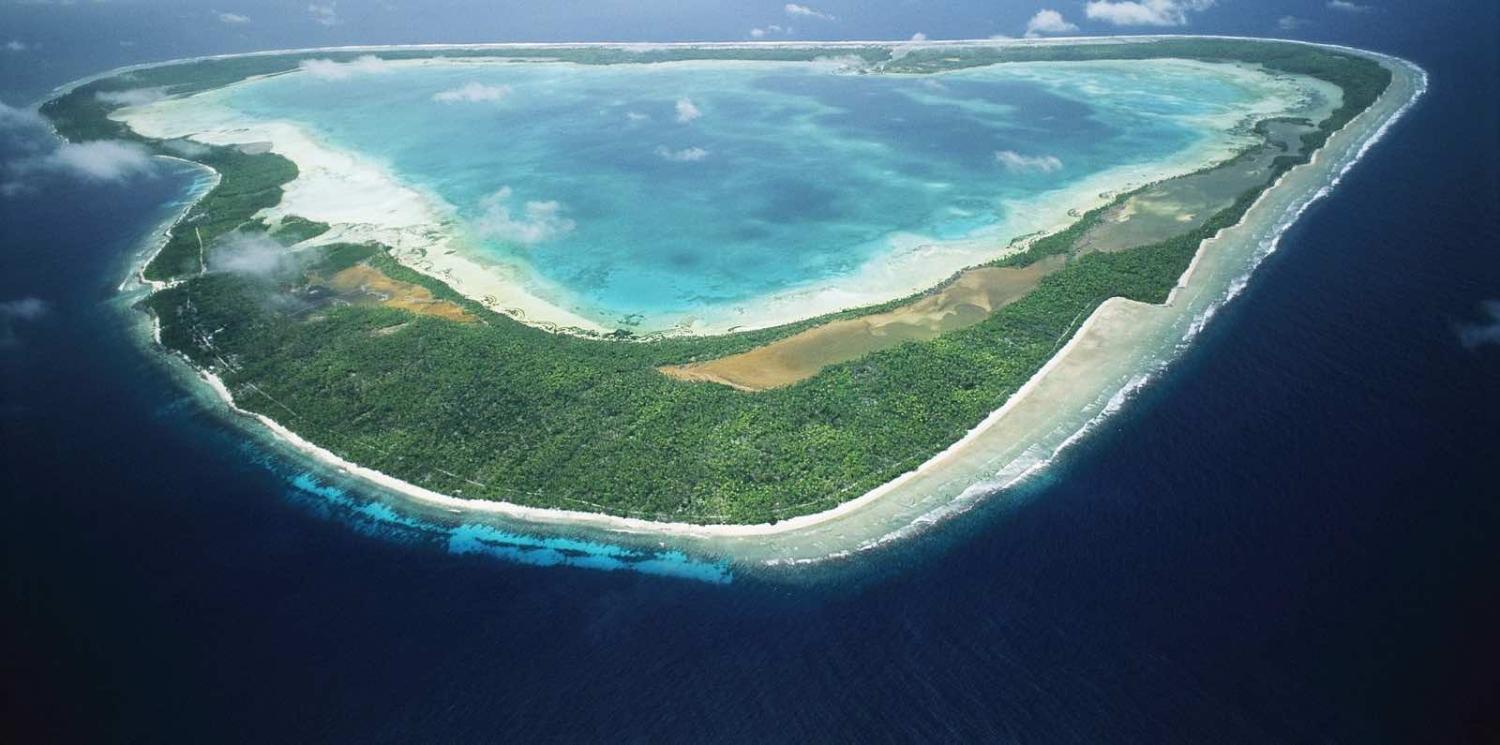Whenever a Pacific island leader starts insisting that his or her country is a proudly independent, sovereign state, standing firmly on its own two feet and not needing any help or advice from anyone else, it usually means the opposite.
Baron Waqa of Nauru was using “independent” and “sovereign” in almost every second sentence during the recent Pacific Islands Forum when the confrontation with China occurred, and when his police detained TVNZ journalist Barbara Dreaver for speaking to refugees.
While many Pacific nations are doing fine as independent entities, others face daunting challenges that raise real questions about their status.
She was released and had her Forum accreditation returned following what I have been told was some pretty intensive behind the scenes diplomatic pressure from Wellington. That itself tells you something about how the power balance works in the Pacific.
It’s often an unedifying spectacle when a leader feels the need to say these things, because the harsh reality is that while many Pacific nations are doing fine as independent entities, others face daunting challenges that raise real questions about their status.
For a start, the smaller states are very vulnerable to natural disasters. One massive cyclone, tsunami or earthquake hitting countries the size of Niue, Tokelau or Palau could conceivably destroy their economies.
An even more serious challenge is population shift from island mini-states to the metropolitan countries in or bordering the region, such as Australia, New Zealand and the United States.
When you have around 1,700 Niueans on Niue, but 25,000 in New Zealand, where is the centre of gravity of Niuean language and culture? Similarly for Tokelau, with fewer that 1500 people on the three atolls themselves, but almost five times that number in New Zealand.
It’s a similar situation for Samoa, and a couple of years ago Tonga passed a significant milestone along this road when the number of Tongans living abroad passed the number at home. Several other Pacific nations are also headed in this direction. There have been predictions of large-scale migrations from Melanesia to Australia to escape population pressure in coming decades as well.
Obviously Niue is an extreme example, but when more and more of a country’s people live in another country, does this not raise some questions marks over its status?
The problem is that it’s almost impossible to address this topic without getting all emotional about it. I’ve had discussions with New Zealand officials and politicians in the past who have suggested that Niue’s independence is costing the New Zealand taxpayers a lot of money, and it might be more honest to simply incorporate it as a county council of New Zealand, albeit with some special dispensations for transport, and land tenure.
But suggest that to an actual Niuean though, and you’d better stand well clear.
None of the Kiwi officials I’ve spoken to have ever been keen to broach the idea to the Niuean government. They tell me they’re waiting for Niue to come to the realisation by themselves, in which case I suspect they may be waiting in vain.
Because people’s feelings about independence are very strong.
I spent three months in Ireland not so long ago, and while quite a few of the Irish people I met came out with the standard rhetoric about the hated English, I couldn’t help notice it was matched only by their blindingly obvious dependence on mainland UK economically.
Ireland’s biggest export is people, always has been, and the fact that they tend to “work away” in Britain only seems to exacerbate some of the historically anti-British feelings. It created an “I don’t like you, now give me money” kind of relationship.
Many Pacific Islanders can relate to that I’m sure. Something similar is starting to happen in this region. Clearly, people are on the move in the Pacific, and it is in the direction of Australia and New Zealand.
Do they want to retain their national identity and think of themselves as expatriates who will return to the village on retirement? Perhaps they’d prefer to assimilate completely into their new environment and just be Kiwis and Aussies. Or maybe acculturate to their new community’s customs while retaining their cultural and linguistic identity?
And what kind of new relationships could smaller, vulnerable Pacific nations forge with their larger neighbours, especially when an increasing proportion of their people will be actually living there? Could there be a third way between trying to maintain full independence and being swallowed up?
What might an interdependent relationship look like?
I don’t have any real answers, nobody does yet. But with countries such as Kiribati talking about resettlement of their entire country due to climate change, perhaps these are the sort of questions that need to be asked sooner rather than later.


